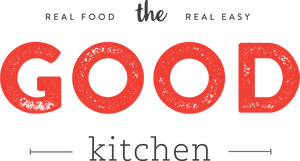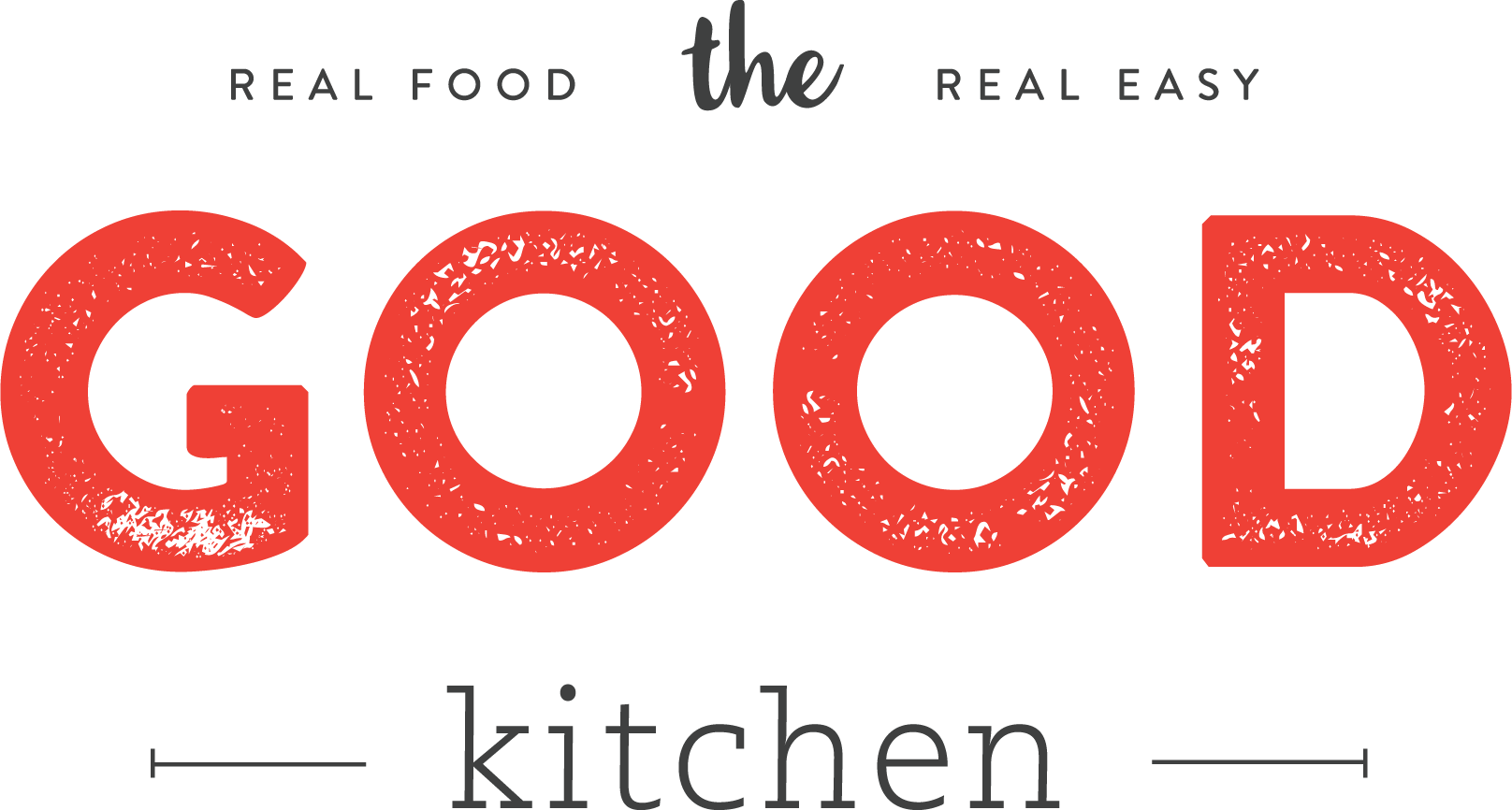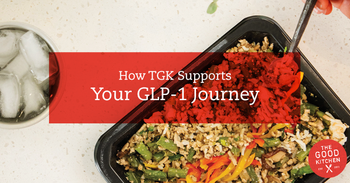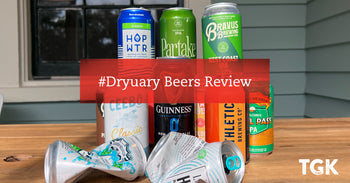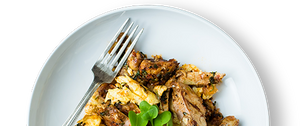When Hardcore Becomes a Habit
Why it might be good to swap intensity for intentionality.

I used to wake up with fire in my belly.
In the literal sense, I was hungry from my strict intermittent fasting schedule, which meant that I hadn’t eaten since 4 p.m. the day before. Figuratively, I was hungry to get started – ready to do whatever it took to have the best, most fulfilling version of the day ahead.
Rolling out of bed without snoozing the alarm, I would do a few pushups, planks, and down-dogs to sift away any brain fog before making my bed and heading to my makeshift meditation corner.
A few minutes later, I would be off to the gym in the early-morning darkness, meals all prepped and stowed in my bag, digital calendar blocked in 15-minute increments to make sure I accomplished all to-dos without giving my brain any time to languish in laziness.
Every quiet moment was filled with a “productivity-hack” podcast. Every meal with friends was filled with crushing anxiety about finding the perfect menu item that wouldn’t imperil my strict diet.
I was an intensity addict. I was an optimization addict. I was a restriction addict.
But dang, it felt good. Yes, I walked around with persistent anxiety about messing up, and yes, it was hard to maintain a healthy social life, which requires a level of flexibility I was not allowing myself. At the time, these things didn’t matter as much to me as my identity as someone who lived in the New Year’s resolution mindset, even in March (or April, or May…).
At the time, I knew I should worry about mental burnout and physical fatigue.
What I didn’t think to prepare for was the difficult and subtle transition from hardcore health junkie to someone who simply had healthy habits.
When your identity is wrapped up in intensity and perfection, how do you adapt to living a more balanced life?
Fast forward to this past weekend, where you would have found  me sharing a pizza with friends. Not cauliflower crust or keto-friendly pizza. Just a slice – three slices, actually – of wheat, sauce, and veggies doused in an unnecessary amount of hydrogenated oil. I savored every bite and spent my mental energy being present with my friends instead of being anxious about my diet. Driving home happy and satisfied, I nevertheless had the thought: Am I losing my edge? What happened to the hardcore version of myself that would have spent the evening at CrossFit or birthing my next side hustle?
me sharing a pizza with friends. Not cauliflower crust or keto-friendly pizza. Just a slice – three slices, actually – of wheat, sauce, and veggies doused in an unnecessary amount of hydrogenated oil. I savored every bite and spent my mental energy being present with my friends instead of being anxious about my diet. Driving home happy and satisfied, I nevertheless had the thought: Am I losing my edge? What happened to the hardcore version of myself that would have spent the evening at CrossFit or birthing my next side hustle?
I looked back over the week. I had done something active every day. I had checked off all major to-dos. I had fueled myself with well-rounded, nutrient-dense meals (all thanks to The Good Kitchen for that one). Even at my indulgent pizza dinner, I had habitually avoided beer and dessert without a second thought. On top of that, I had spent some past-due quality time with an aging family member and – gasp! – had spontaneous fun with friends.
If I was living a fairly healthy, balanced life, why did it feel like I was missing something?
After a few minutes of thinking without any interruptions from a podcast or a work email, I figured it out. I had confused intensity for the end goal, not the means.
Intensity is a powerful tool you can apply to create the life you want. Sometimes you need to crank it up to jumpstart a big lifestyle change. But making intensity your full-time identity is fraught with pitfalls like social isolation, over-training, and anxiety.
Creating a life with habits that help you meet your intentions is far more sustainable than hoping you can maintain perfection indefinitely.
For me, creating a sustainable life meant giving myself more flexibility and looking for ways to simplify the path to success. By outsourcing my meal prep to the team at The Good Kitchen, I created space to lower my stress levels without compromising on any of my goals. With my new free time, I realized how much I had been “optimizing” my life away by removing any opportunities for the unexpected to occur, and removing my ability to actually enjoy the unexpected if it did occur. Now, I’m not a dogmatic “doer” – but I still get plenty done. I keep an organized calendar, but I don’t lose my mind if a meeting runs long. I exercise regularly, but I don’t have hit a personal record every day. I stay focused at work, but I’m able to relax and enjoy time off with friends and family.
I’ve realized that I don’t need to keep my January mindset in March. Instead, maybe I need to bring my March mindset – the mindset that calmly adapts to the changing seasons – and let that wisdom temper the impulse to be perfect.
~ Emily Byrd
